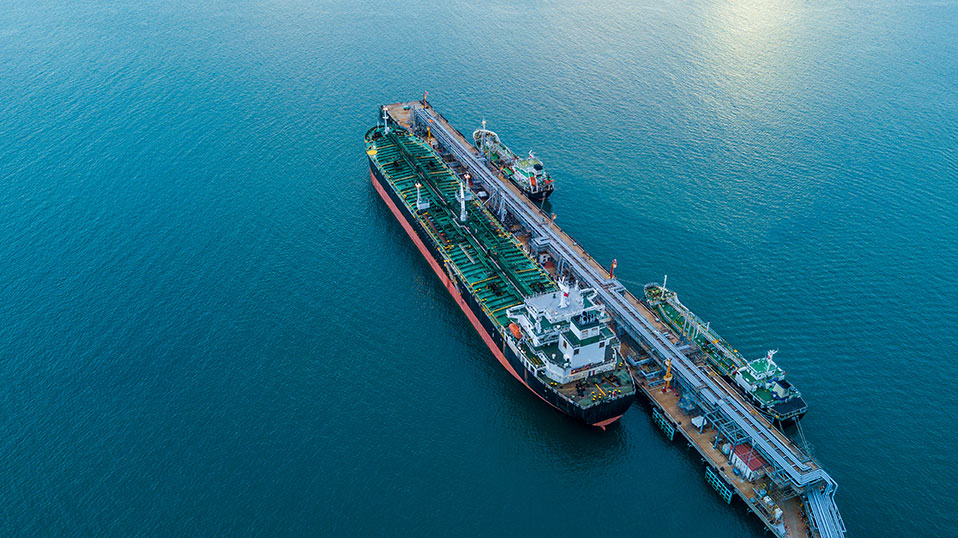Enterprise, Enbridge to Develop Gulf of Mexico Crude Export Terminal
HOUSTON (Reuters) - Enterprise Products Partners LP and Enbridge Inc have agreed to jointly develop a U.S. Gulf Coast crude export terminal that would load supertankers off Freeport, Texas, Enbridge said on Monday.

The pipeline operators plan to finalize a deal that would provide Enbridge an option to purchase ownership interest in Enterprise's Sea Port Oil Terminal (SPOT), subject to SPOT receiving a deep-water port license, Enbridge said.
Enterprise and Enbridge were previously rivals in a field of at least nine competing to build deepwater export projects to load U.S. shale oil onto Very Large Crude Carriers (VLCCs) that carry around 2 million barrels apiece.
The companies did not immediately respond to requests for comment. Enterprise in late July announced it had signed long-term agreements with oil major Chevron Corp that advanced the project. Enterprise was the first company - and still the only one - to make a final investment decision on a proposed U.S. deepwater port.
Rivals racing to develop similar projects include U.S. refiner Phillips 66, commodities trader Trafigura AG and privately held Sentinel Midstream LLC. Carlyle Group said in October it had dropped out of a $1 billion crude export terminal near Corpus Christi, Texas.
The Enterprise-Enbridge partnership comes a few weeks after the companies announced an open season to solicit shipper commitments for a 200,000 barrel-per-day expansion on their jointly owned Seaway pipeline system, which carries crude from the main U.S. storage hub in Cushing, Oklahoma, to U.S. refiners.
A jointly developed deepwater facility would open a direct route for U.S. crude exports from Cushing for barrels produced in Canada and midwestern U.S. fields including in the Rockies and the Anadarko basin of Oklahoma, said Sandy Fielden, an analyst at Morningstar.
Enterprise "now has the momentum to get the first buoy done," Fielden said.
Currently, only the Louisiana Offshore Oil Port (LOOP) can fully load VLCCs from the Gulf Coast.
Related News
Related News

- Enbridge Plans 86-Mile Pipeline Expansion, Bringing 850 Workers to Northern B.C.
- Intensity, Rainbow Energy to Build 344-Mile Gas Pipeline Across North Dakota
- U.S. Moves to Block Enterprise Products’ Exports to China Over Security Risk
- 208-Mile Mississippi-to-Alabama Gas Pipeline Moves Into FERC Review
- Court Ruling Allows MVP’s $500 Million Southgate Pipeline Extension to Proceed
- U.S. Pipeline Expansion to Add 99 Bcf/d, Mostly for LNG Export, Report Finds
- A Systematic Approach To Ensuring Pipeline Integrity
- 275-Mile Texas-to-Oklahoma Gas Pipeline Enters Open Season
- LNG Canada Start-Up Fails to Lift Gas Prices Amid Supply Glut
- Kinder Morgan Gas Volumes Climb as Power, LNG Demand Boost Pipeline Business




Comments